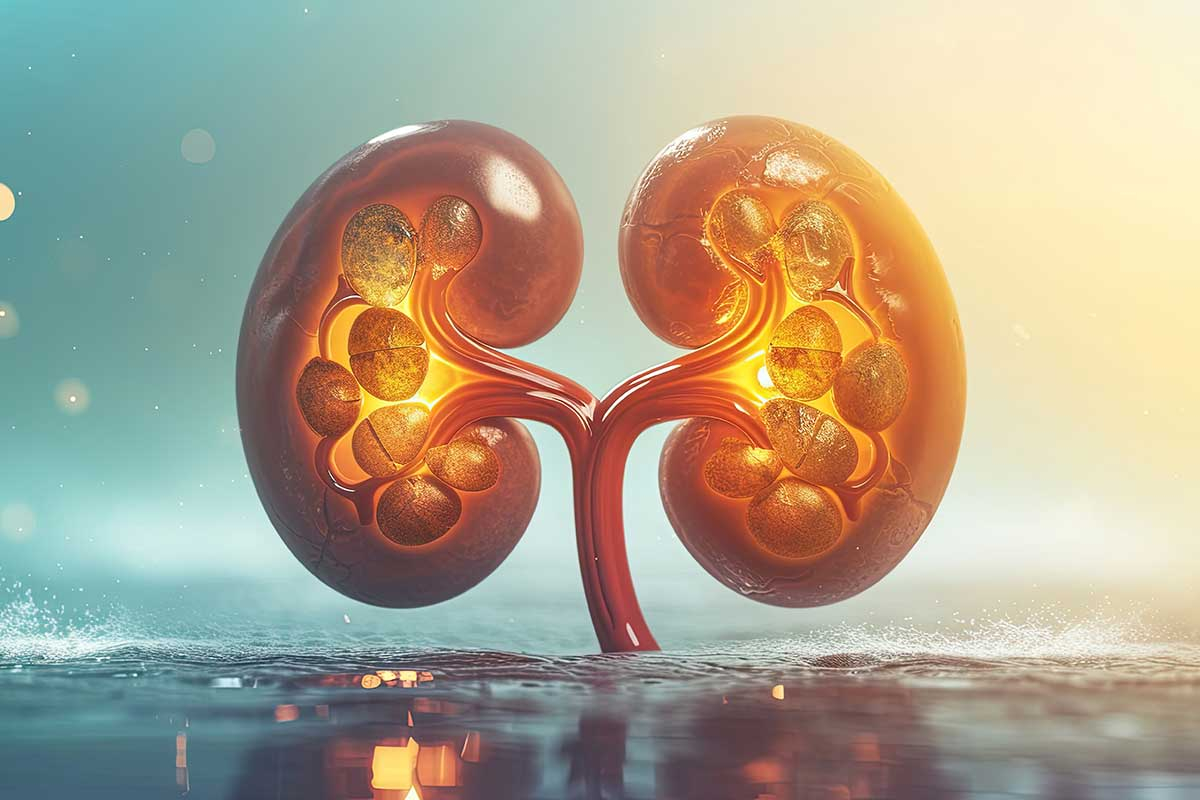What are the symptoms of kidney stones?
Introduction
Kidney stones are extremely common medical conditions, affecting millions of people worldwide each year. Also known as renal calculi, these stones are solid masses formed by crystals accumulating in the kidneys and urinary tract. While some kidney stones can be small and pass through the body without causing significant symptoms, others can grow in size and block the flow of urine, leading to intense pain and other severe symptoms. This article aims to explore the most common symptoms associated with kidney stones, helping you to identify them and understand when to seek medical help.
What Are Kidney Stones?
Kidney stones are formed when substances such as calcium, oxalate, and uric acid accumulate in high concentrations in the urine. These substances can start to crystallize within the kidneys, forming stones of various sizes. The process of kidney stone formation can be influenced by several factors, including dehydration, diet, genetic conditions, and certain medical conditions.
Kidney stones can remain in the kidneys without causing symptoms for extended periods. However, when they start to move into the ureter, the tube that connects the kidneys to the bladder, they can cause a series of uncomfortable and sometimes extremely painful symptoms. This process is often what leads patients to seek medical attention.
Main Symptoms of Kidney Stones
Intense Pain
One of the most characteristic symptoms of kidney stones is intense and sudden pain that typically starts in the back or on the side of the body, below the ribs, and can move forward to the abdomen and groin. This pain, known as renal colic, occurs when a kidney stone begins to move through the ureter, causing spasms and stretching of the ureter.
The pain caused by kidney stones is often described as one of the worst pains a person can experience. It can come in waves, varying in intensity, and can be accompanied by a sensation of intense pressure and discomfort. The body's position rarely relieves the pain, and patients often move incessantly trying to find a position that alleviates the discomfort.
Urinary Issues
Changes in urine are common symptoms of kidney stones. Patients may notice that the color of the urine changes to a darker shade, ranging from dark yellow to red or brown, indicative of blood in the urine, a condition known as hematuria. Additionally, there may be an increase in urinary frequency, especially if the stone is located near the bladder, causing a constant sensation of urinary urgency.
Another common symptom is pain or burning during urination, which occurs when the kidney stone is passing through the ureter or is inside the bladder. This sensation can be quite uncomfortable, often leading to hesitation or fear of urinating, even when there is an urgency to do so.
Other Symptoms
Besides intense pain and urinary issues, kidney stones can also cause nausea and vomiting, due to the intensity of the pain or as a direct response of the body to the presence of a stone in the urinary tract. In some cases, especially if there is an associated infection, patients may present with fever and chills.
The presence of kidney stones can also lead to a sensation of bloating or pressure in the abdomen or back, and in some cases, a decrease in the volume of urine may be observed, despite an increase in the need to urinate. These symptoms, when accompanied by intense pain, require immediate medical evaluation.
Myths and Truths About Kidney Stones
- Can drinking a lot of water prevent kidney stones? True. Adequate hydration is crucial for diluting the substances in the urine that can form stones.
- Do only men get kidney stones? Myth. Although men have a slightly higher prevalence of kidney stones, women can also develop them.
- Are all kidney stones extremely painful? Myth. Some kidney stones are small enough to pass through the urinary tract without causing significant symptoms.
Frequently Asked Questions
What increases the risk of developing kidney stones? Risks include dehydration, a diet high in salt, sugar, or protein, family history, and certain medical conditions.
Can kidney stones be dissolved naturally? Some types of stones can be dissolved with medication and by increasing fluid intake, but others may require medical treatment.
What is the treatment for kidney stones? Treatment varies according to the size and type of the stone, including pain medication, procedures to break up or remove the stone, and dietary changes.
How can I prevent kidney stones in the future? Drink plenty of water, limit salt and protein intake, and follow specific medical recommendations based on the type of kidney stone previously formed.
